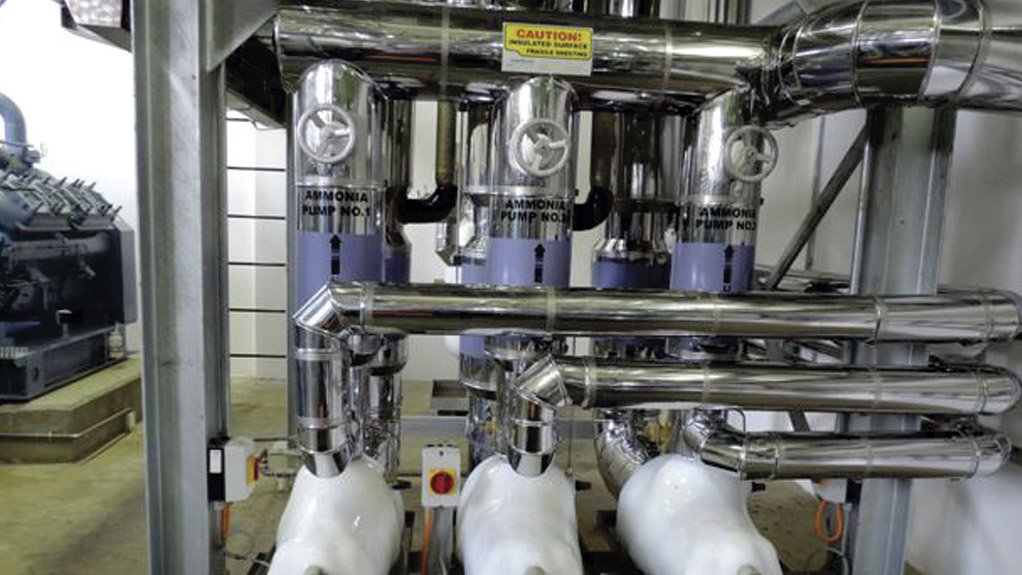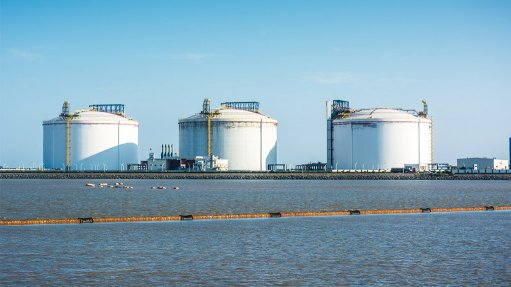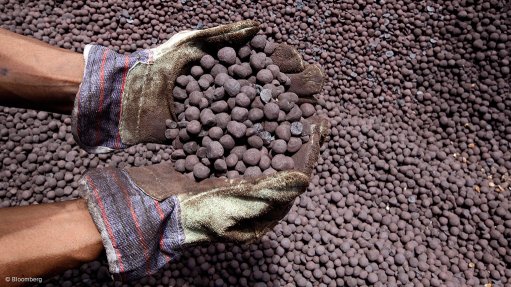Plan to phase out ozone depleting substance


GAS IN REFRIGERANTS Hydro-fluorocarbons (HFCs) have been used as replacements in refrigeration and air-conditioning equipment
Owing to chlorofluorocarbons (CFCs) and hydrochlorofluorocarbons (HCFCs) containing substances that are harmful to the ozone layer, South Africa is set to adopt its HCFC phase-out plan in a Government Gazette dated May 8, 2014, says the Southern African Refrigeration and Air Conditioning Contractors Association (Saracca).
“HCFCs are gases or liquids which evaporate easily and were very popular because of their use as R22 refrigerants. Currently, their use is at 65% of the baseline consumption. The consumption must be down to 2.5% of the baseline by January 2026,” says Saracca director Barney Richardson.
Following legislative regulations based on the Montreal Protocol and amendments on ozone-depleting CFCs and HCFCs, the substances used as substitute refrigerants, such as hydrofluorocarbons (HFCs), have been used as replacements in refrigeration and air-conditioning equipment, he notes.
“HFCs are not harmful to the ozone layer because they do not have chlorine atoms in the formula. They are, however, greenhouse gases, with a high global warming potential. The R-134a refrigerant is such a gas and is used in air-conditioning and refrigeration systems globally,” Richardson explains.
The Montreal Protocol and amendments on substances that deplete the ozone layer are based on an earlier protocol from the Vienna Convention on the protection of the ozone layer.
The protocol promotes the phase-out of the production and use of numerous substances that are responsible for ozone depletion. This protocol dates back to 1987 and came into effect in January 1989. Initially, 46 countries ratified the protocol, since then, the protocol has been ratified by 169 countries.
All practitioners in refrigeration, and in the fuel and compressed gas industries are required to be registered with the South African Qualification & Certification Committee for Gas Installers and Practitioners as competent practitioners in the safe handling of refrigerant gases.
Richardson says that the Pressure Equipment Regulations (PERs) incorporated into the Occupational Health and Safety Act (OHSA) set out the requirements for competent refrigeration practitioners, installers and mechanics, and it is, therefore, essential that installers are registered according to the stipulations of the PERs.
These regulations were established by the Department of Labour in a Government Gazette published on July 15, 2009. All professionals need to adhere to the OHSA and PER.
Comments
Press Office
Announcements
What's On
Subscribe to improve your user experience...
Option 1 (equivalent of R125 a month):
Receive a weekly copy of Creamer Media's Engineering News & Mining Weekly magazine
(print copy for those in South Africa and e-magazine for those outside of South Africa)
Receive daily email newsletters
Access to full search results
Access archive of magazine back copies
Access to Projects in Progress
Access to ONE Research Report of your choice in PDF format
Option 2 (equivalent of R375 a month):
All benefits from Option 1
PLUS
Access to Creamer Media's Research Channel Africa for ALL Research Reports, in PDF format, on various industrial and mining sectors
including Electricity; Water; Energy Transition; Hydrogen; Roads, Rail and Ports; Coal; Gold; Platinum; Battery Metals; etc.
Already a subscriber?
Forgotten your password?
Receive weekly copy of Creamer Media's Engineering News & Mining Weekly magazine (print copy for those in South Africa and e-magazine for those outside of South Africa)
➕
Recieve daily email newsletters
➕
Access to full search results
➕
Access archive of magazine back copies
➕
Access to Projects in Progress
➕
Access to ONE Research Report of your choice in PDF format
RESEARCH CHANNEL AFRICA
R4500 (equivalent of R375 a month)
SUBSCRIBEAll benefits from Option 1
➕
Access to Creamer Media's Research Channel Africa for ALL Research Reports on various industrial and mining sectors, in PDF format, including on:
Electricity
➕
Water
➕
Energy Transition
➕
Hydrogen
➕
Roads, Rail and Ports
➕
Coal
➕
Gold
➕
Platinum
➕
Battery Metals
➕
etc.
Receive all benefits from Option 1 or Option 2 delivered to numerous people at your company
➕
Multiple User names and Passwords for simultaneous log-ins
➕
Intranet integration access to all in your organisation



















